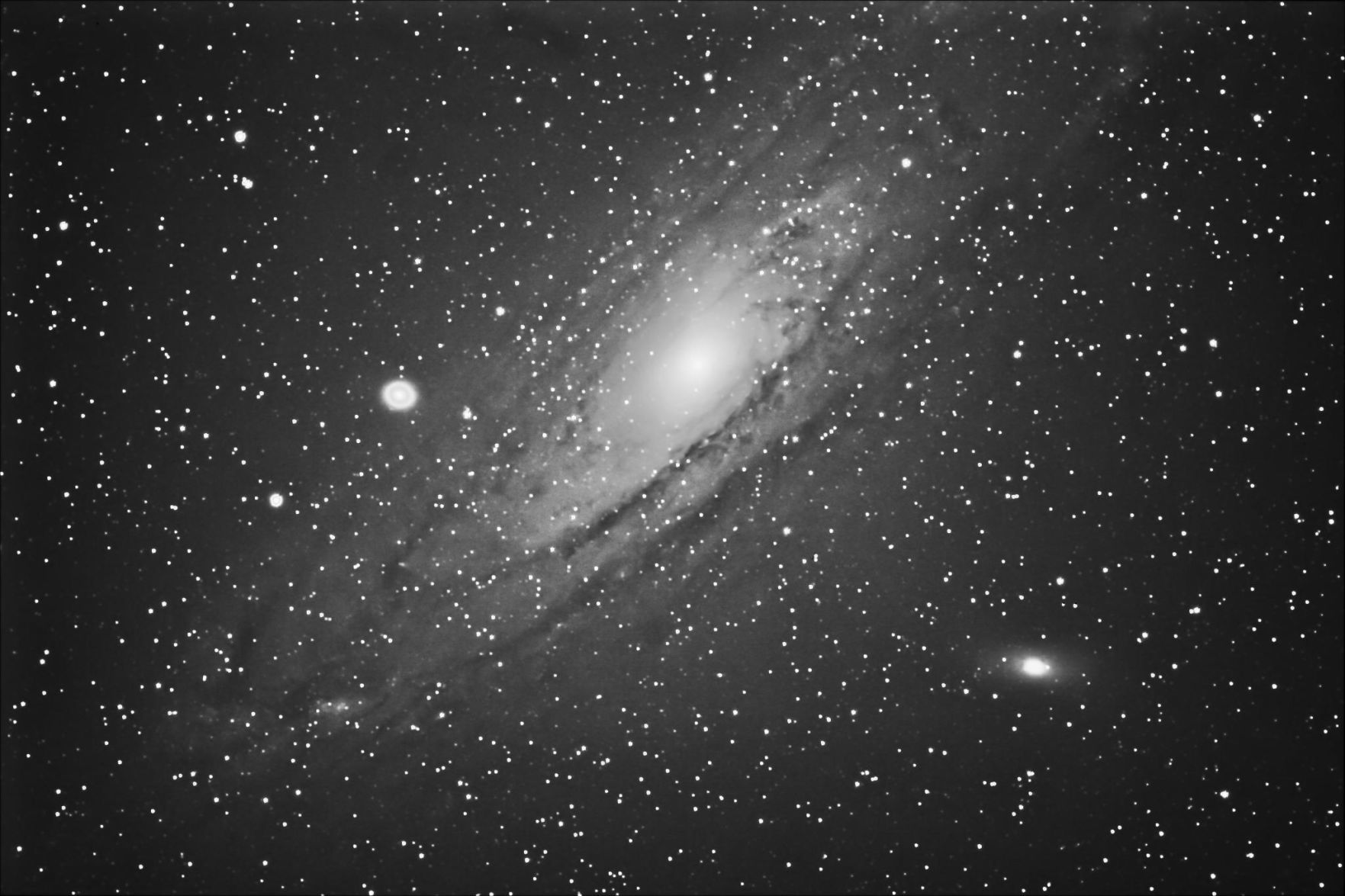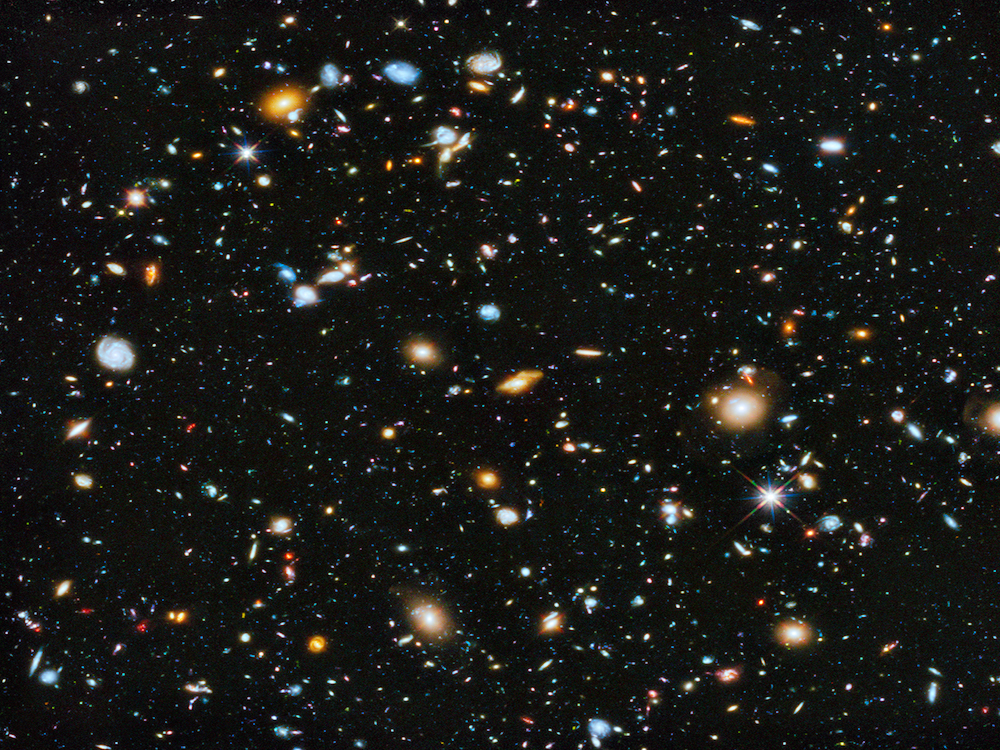And that is constantly changing.
I became aware of that decades ago. When I saw an the cover of an old astronomy book that my mom had that predated Hubble. Which had on the cover an iconic picture of the "Andromeda Nebula".
This was common until the 1950's, when the works of Edwin Hubble were finally universally recognized and that Andromeda was indeed another galaxy and not just a "nebulae".
And I am also old enough to remember when Black Holes were only speculation, and that many were debating what eventually be a "big crunch". Where the universe eventually contracted to a single point, and then explodes in a new "big bang". And the cycle would repeat itself.
This is all before "string theory", before things like multiverse and the like was being accepted as actually possible.
However, one thing that has been shown over and over again, a man born in 1879 was right far more often than he was wrong in his speculation of things far beyond being proven wrong. But everything will never be known, because each generation we learn more and more. I am old enough to remember speculation about what would happen when Apollo 11 landed on the moon. When the Berringer Crater was still thought by many to be a volcanic feature. Before the confirmation of the Chixulub Crater, and when it was only first being realized that dinosaurs still lived in birds. When it was only "wild speculation" that Yellowstone was actually a volcano, and might have originated in Oregon.
All well accepted "facts" today, but I am old enough to remember when these were all seen as the ravings of maniacs.



